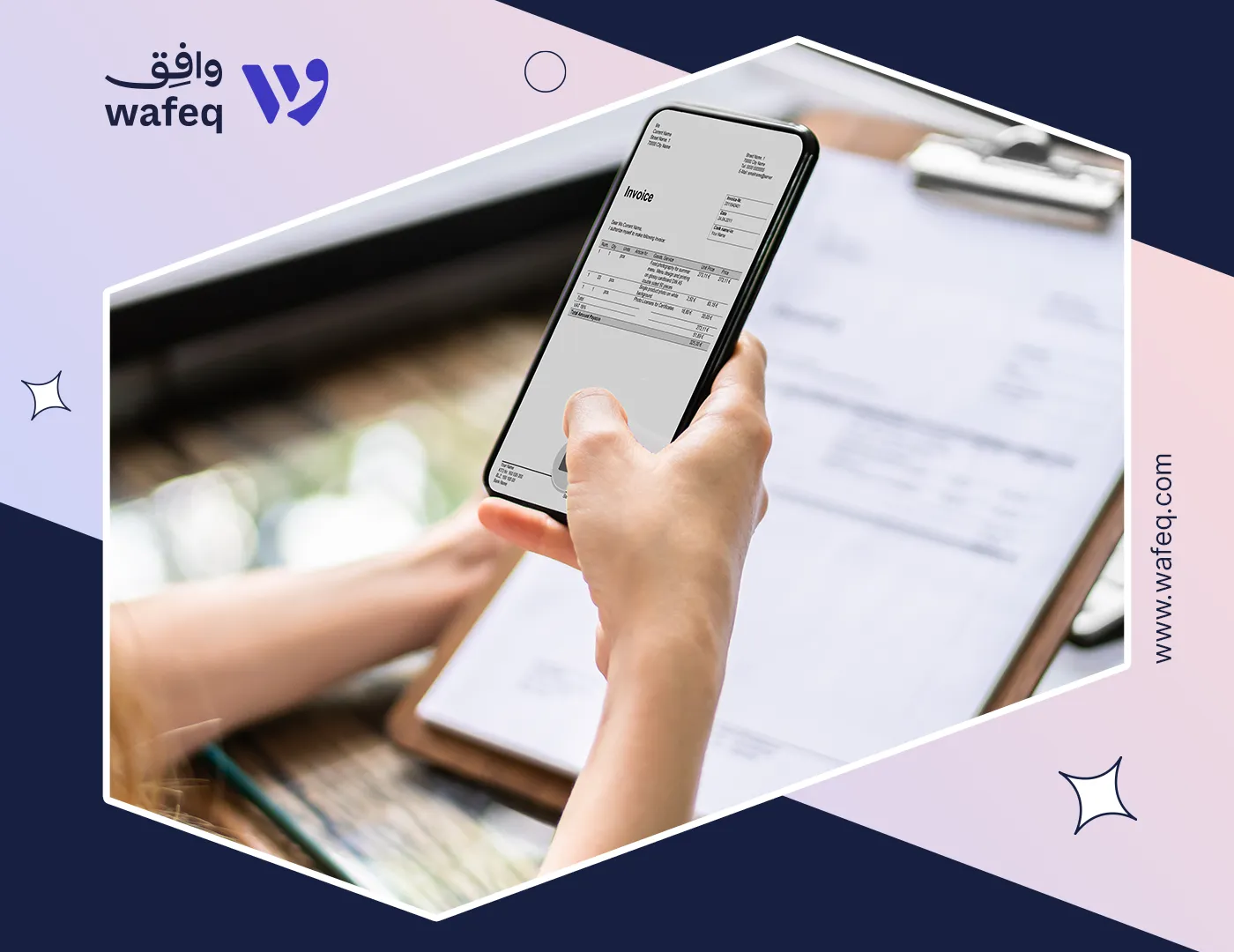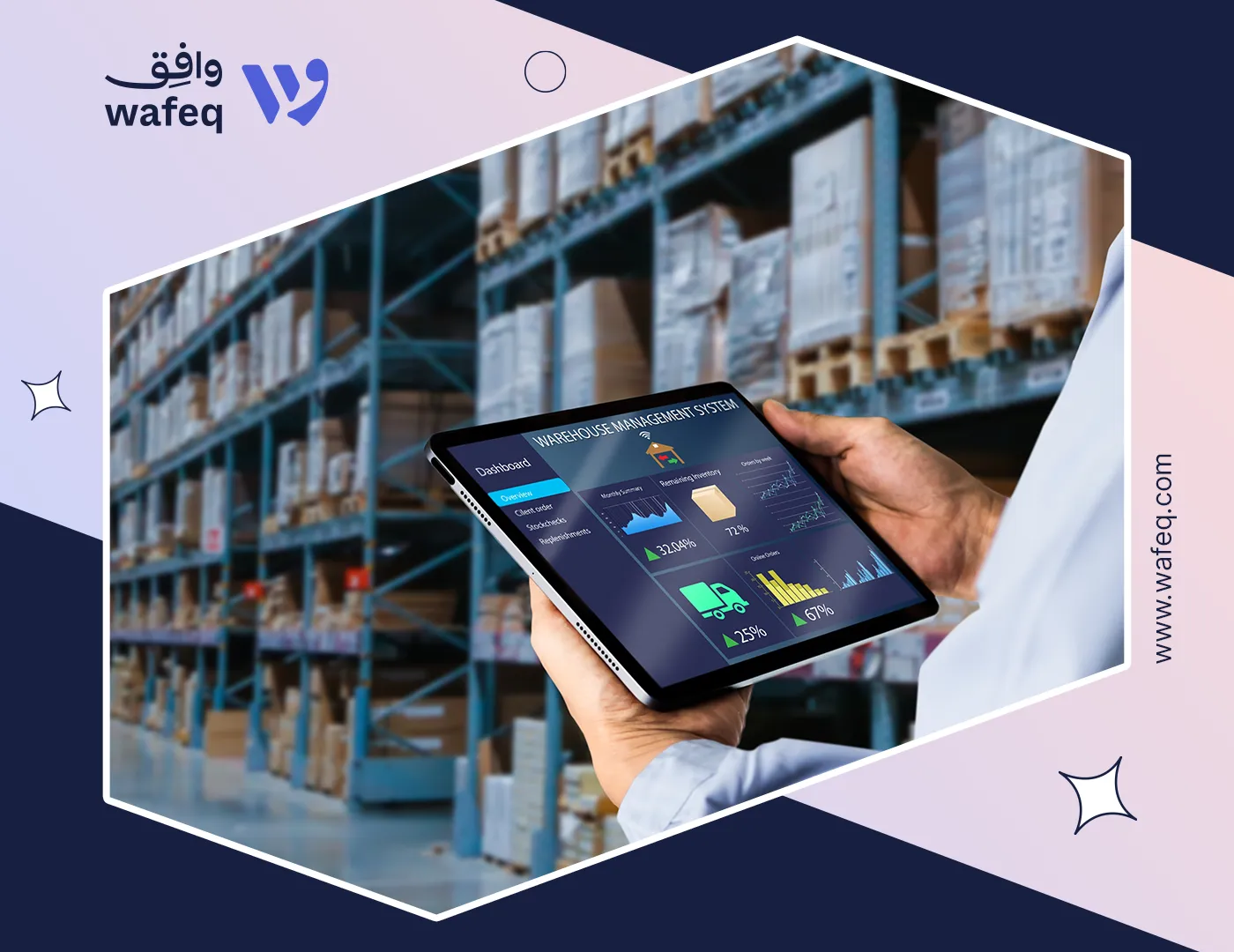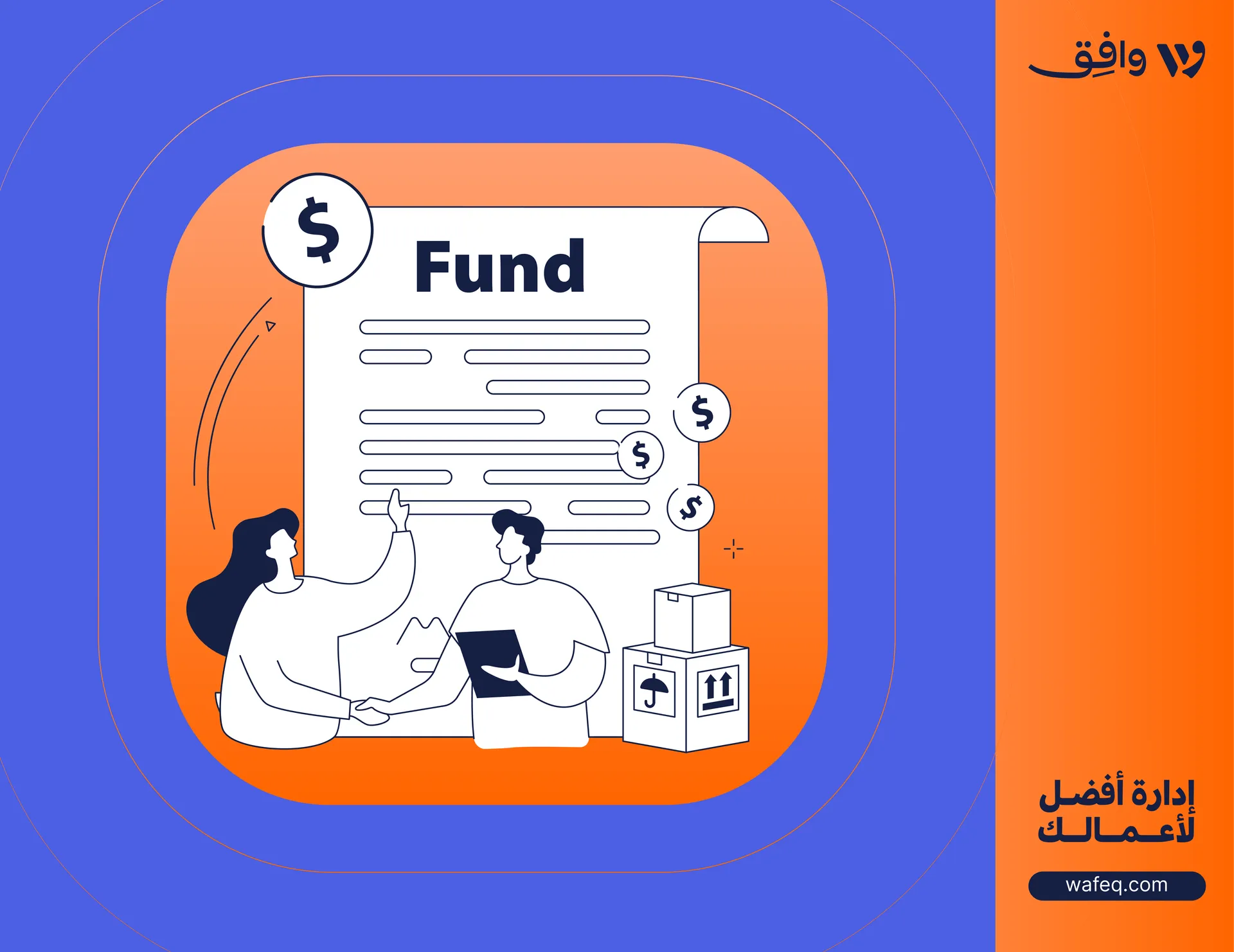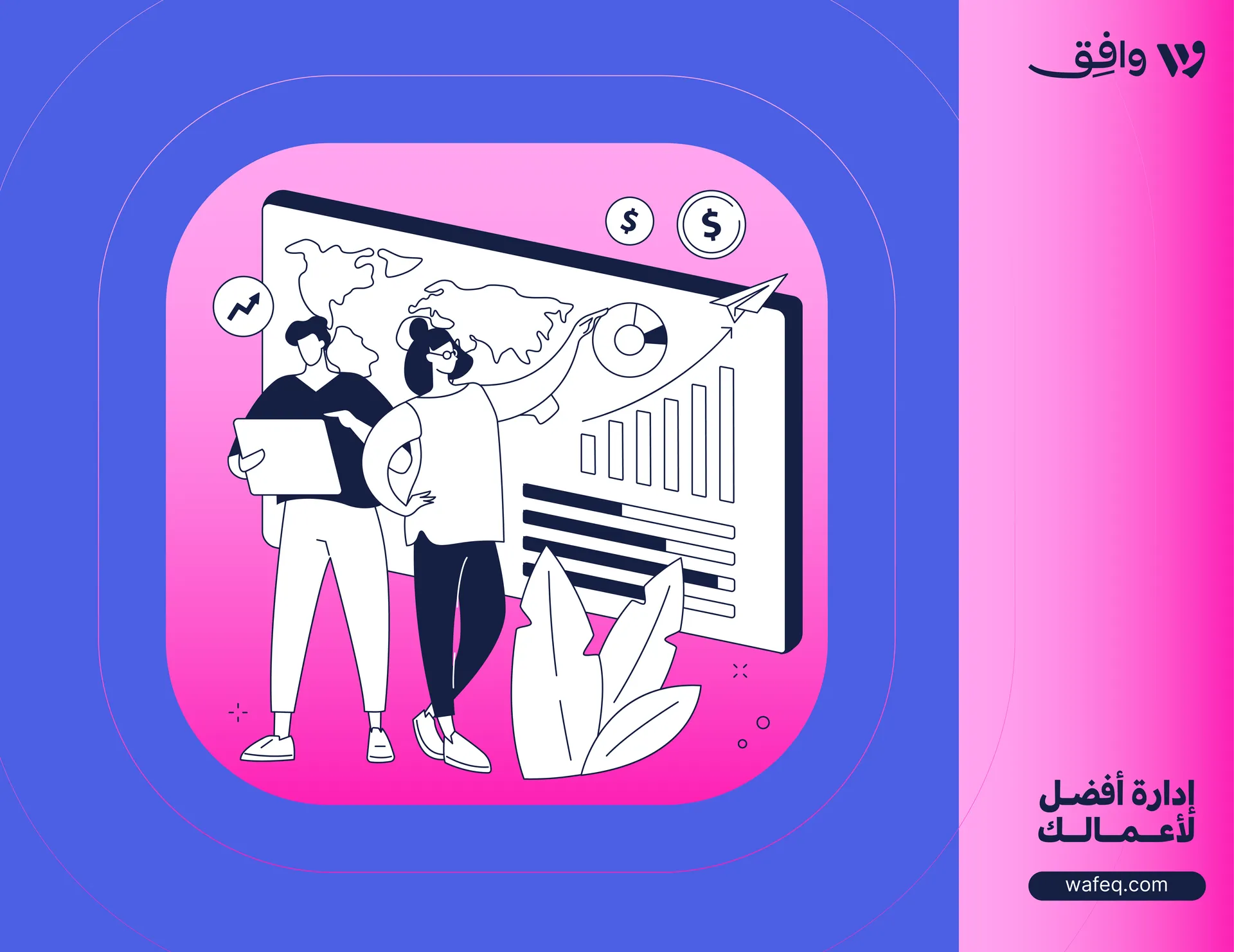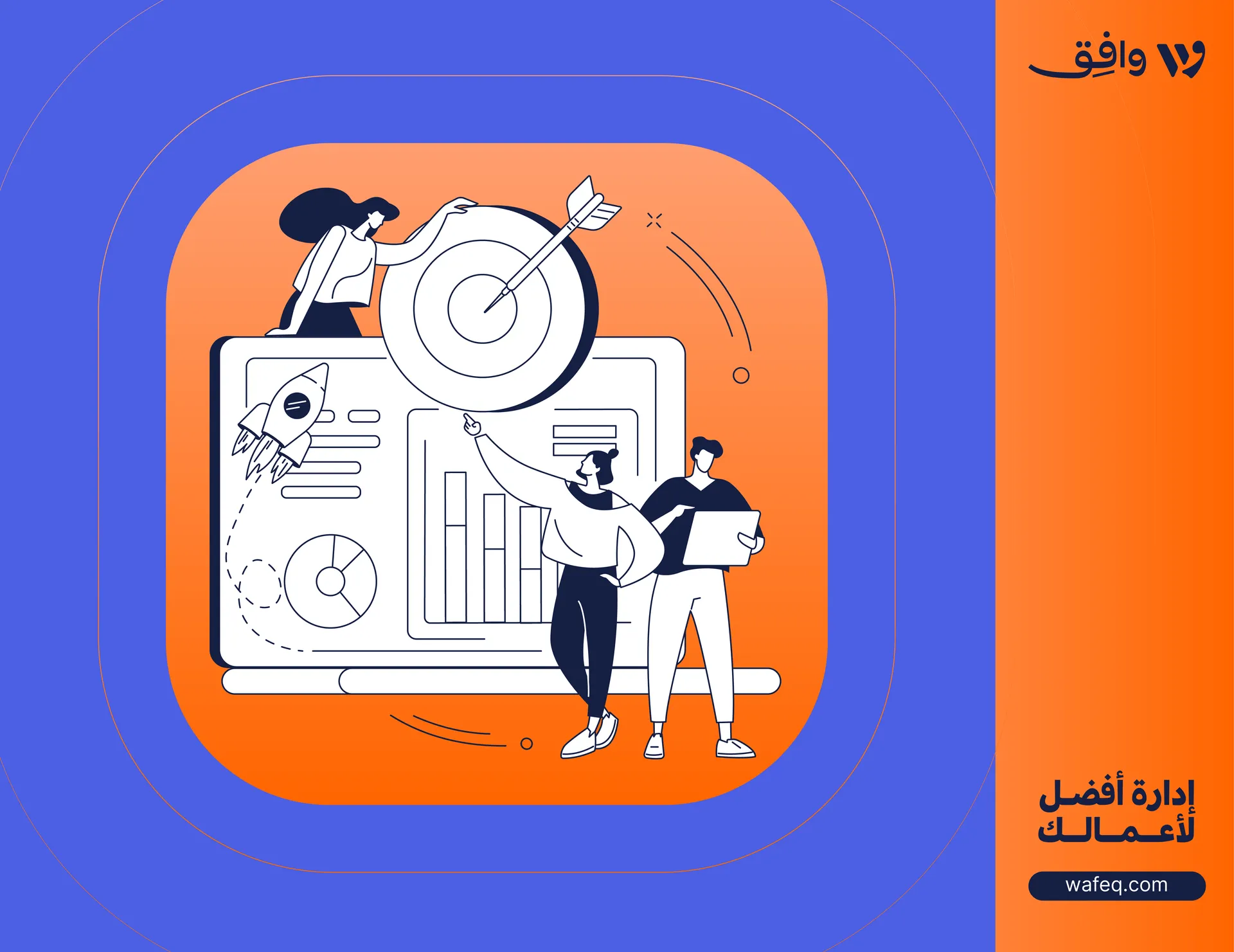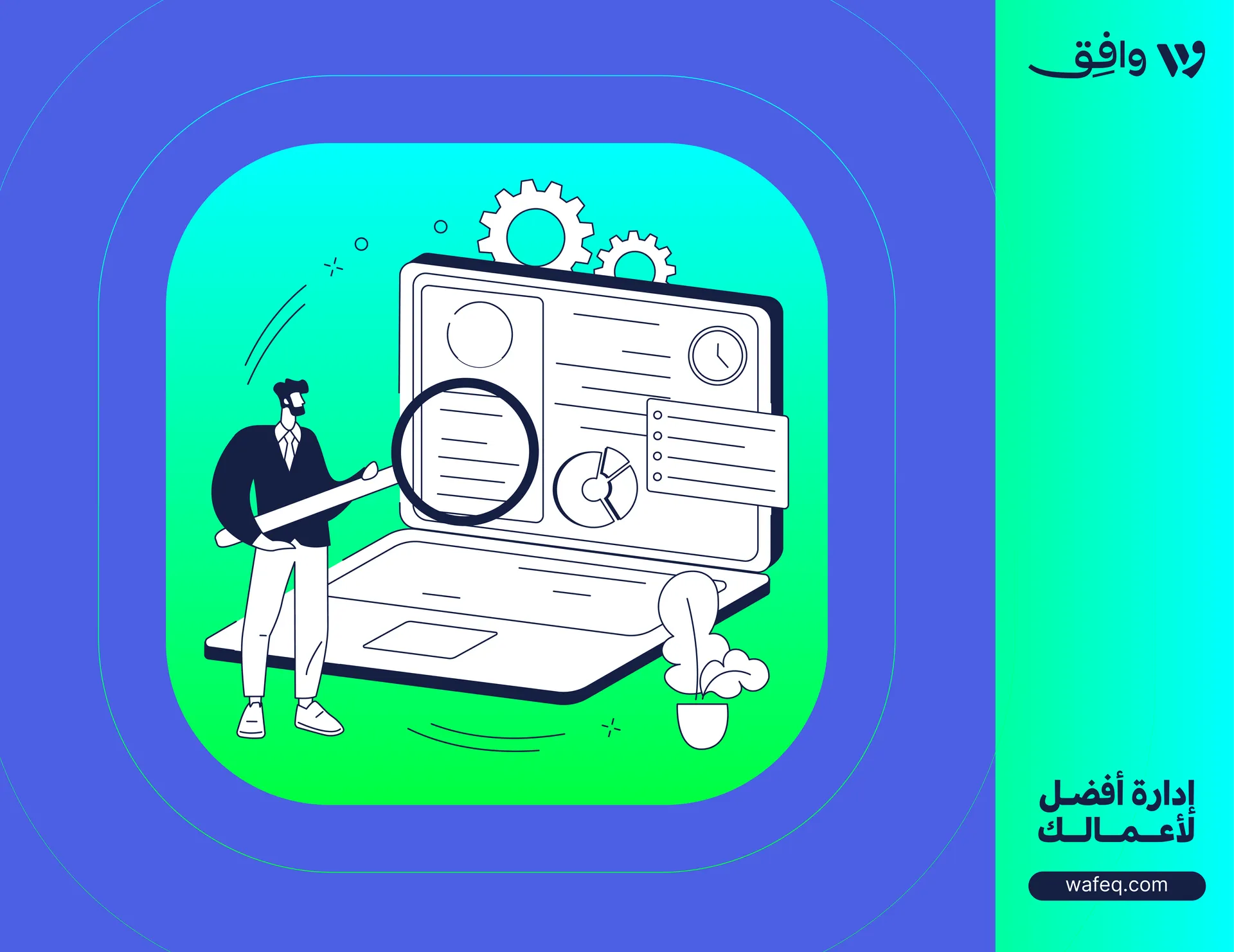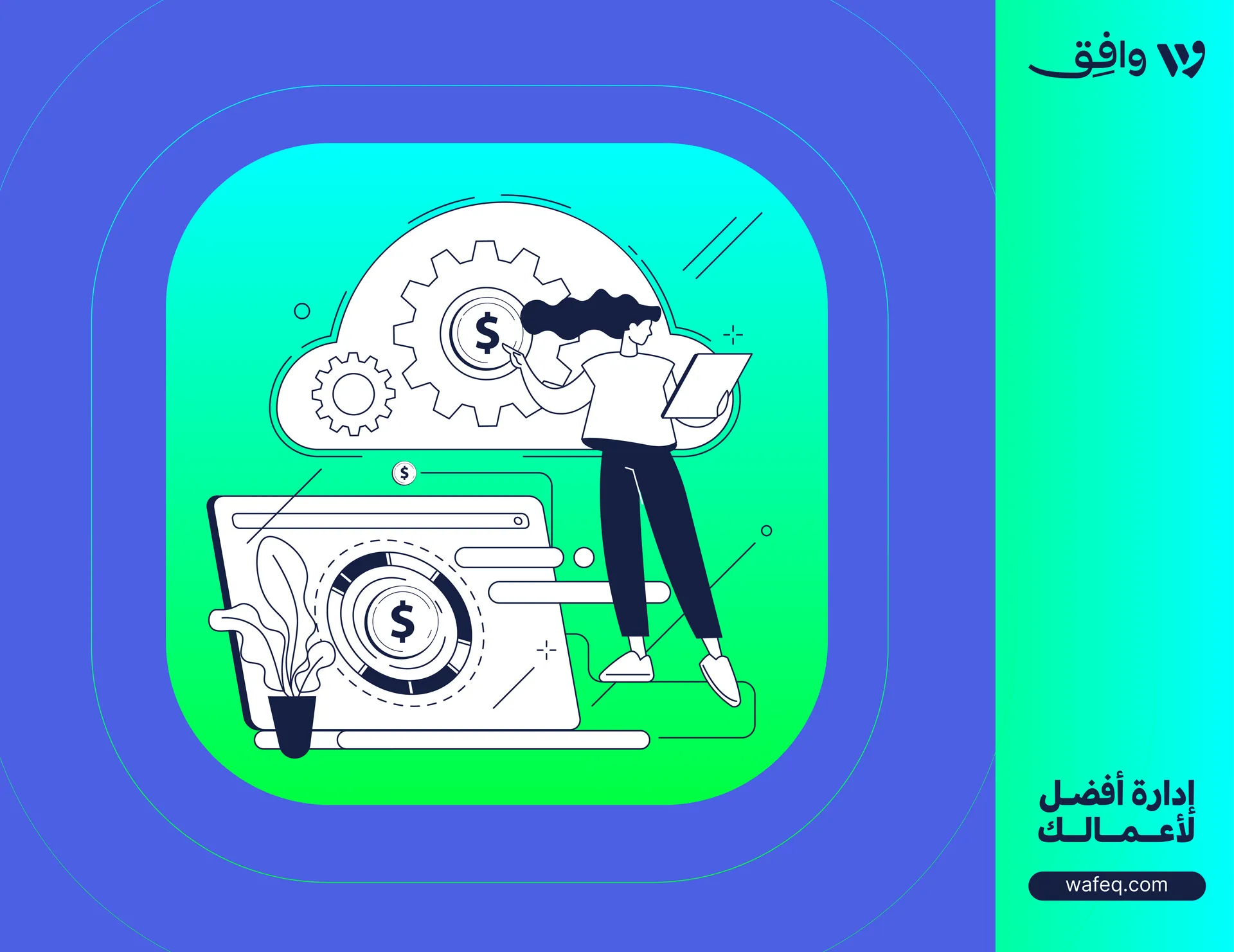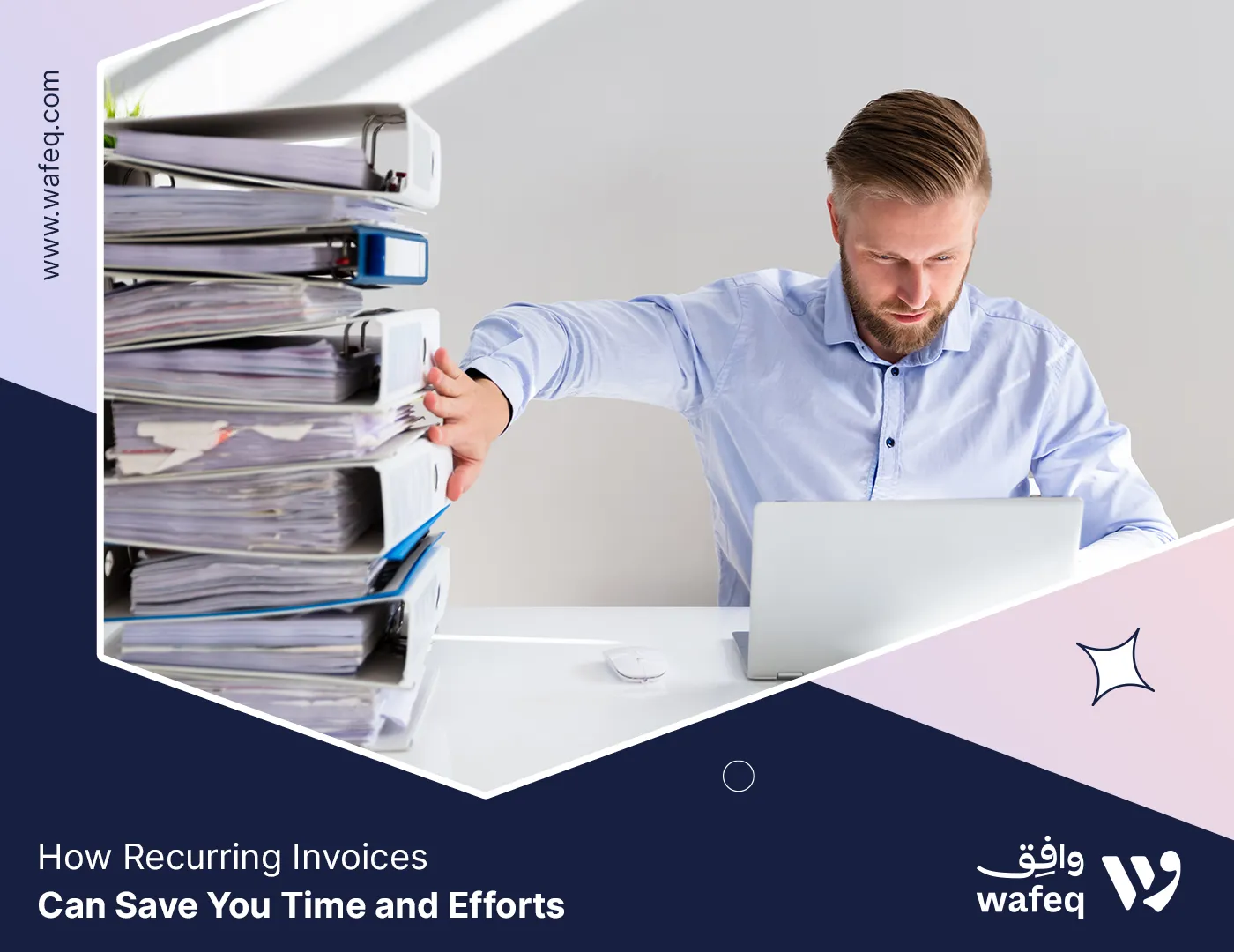AI in Accounting: Automating Expense Categorization and VAT Reconciliation for Gulf Businesses

How many hours are lost in manual expense categorisation and VAT reconciliation every month for Gulf businesses? These repetitive tasks consume significant time and increase the risk of human error, while also delaying the availability of accurate financial insights. Artificial Intelligence now offers a solution by automating these processes with speed, precision, and compliance with Gulf tax regulations. The result is faster reporting, reduced errors, and more resources for strategic decision-making.
This article examines how AI transforms expense categorisation and VAT reconciliation, the benefits for Gulf companies, and the best practices for successful adoption.
Understanding Expense Categorisation and VAT Reconciliation, and Why Do They Matter?
Expense Categorisation
Expense categorisation is classifying a business’s spending process into predefined groups, such as travel, utilities, office supplies, or marketing. In accounting, accurate categorisation is essential for producing reliable financial statements, monitoring budgets, and ensuring correct tax treatment. Incorrect categorisation can distort profitability analysis and lead to compliance risks, especially when tax deductions are involved.
VAT Reconciliation
VAT reconciliation is the process of matching VAT records from invoices, receipts, and accounting entries with the amounts reported to tax authorities. This ensures that the VAT payable or refundable is accurate and aligns with both internal records and external filings. In the Gulf region, where VAT frameworks are relatively new but strictly enforced, such as the 15% VAT in Saudi Arabia or 5% VAT in the UAE, accurate reconciliation is crucial for avoiding penalties.
Why They Matter for Gulf Businesses
- Regulatory Compliance: Tax authorities in the Gulf conduct regular audits, making accuracy a legal necessity.
- Financial Clarity: Proper categorisation and reconciliation give decision-makers a clear view of operating costs and tax liabilities.
- Time Efficiency: Streamlining these processes frees finance teams to focus on strategic tasks rather than administrative work.
The Challenges Gulf Businesses Face Without Automation
Without automation, expense categorisation and VAT reconciliation rely heavily on manual data entry, spreadsheet management, and repetitive checks. This creates several challenges for Gulf businesses:
- High Risk of Human Error Manual processes are prone to mistakes such as misclassifying expenses, duplicating entries, or overlooking VAT adjustments. Even a small error can result in incorrect tax reporting and penalties.
- Time-Consuming Workflows Finance teams may spend hours—or even days—each month reviewing receipts, cross-checking invoices, and reconciling VAT accounts. This reduces the time available for analysis and strategic decision-making.
- Compliance Pressures With strict VAT regulations and other taxes in Saudi Arabia, the UAE, and other Gulf countries, tax authorities expect accurate, timely submissions. Inaccuracies can trigger audits, delays, or fines.
- Fragmented Data When financial data is spread across multiple systems or departments, reconciliation becomes slower and more complex, increasing the risk of mismatches.
- Delayed Insights Slow categorisation and reconciliation delay the preparation of accurate financial reports, limiting management’s ability to make timely decisions.
How AI Automates Expense Categorization
AI-driven expense categorisation uses advanced algorithms to analyse transaction data and assign it automatically to the correct category. This process combines pattern recognition, machine learning, and natural language processing to achieve high accuracy rates.
- Automated Data Extraction AI systems can read invoices, receipts, and bank statements using Optical Character Recognition (OCR) technology. This eliminates the need for manual entry and reduces errors.
- Intelligent Pattern Recognition The AI learns from historical data to identify patterns in spending. For example, it can automatically categorise recurring payments to utilities or classify fuel expenses from petrol station transactions.
- Real-Time Processing Instead of waiting for monthly reconciliations, AI can categorise expenses as soon as transactions occur, keeping accounts up-to-date at all times.
- Continuous Learning and Adaptation AI improves over time by learning from corrections made by accountants, ensuring it becomes more accurate with every cycle.
- Integration with Accounting Systems Modern AI solutions can integrate seamlessly with accounting software, enabling instant updates to financial records without manual intervention.
AI-Powered VAT Reconciliation for Gulf Regulations
VAT reconciliation in the Gulf region demands precision, timeliness, and compliance with strict regulatory requirements. AI technology streamlines this process by automating VAT amounts matching from sales and purchase transactions against the amounts reported to tax authorities.
- Automated Matching of Input and Output VAT AI systems automatically match input VAT (on purchases) with output VAT (on sales) to ensure the net VAT payable or refundable is accurate. This reduces the risk of mismatches that could trigger tax audits.
- Detection of Discrepancies in Real Time Instead of discovering errors at the end of the reporting period, AI flags discrepancies as they occur—allowing finance teams to correct them before filing.
- Built-In Compliance with Gulf VAT Rules AI can be programmed with local VAT regulations, such as Saudi Arabia’s 15% rate and the UAE’s 5% rate, as well as zero-rated and exempt categories. This ensures transactions are categorised according to the correct VAT treatment.
- Handling Cross-Border Transactions AI can distinguish between domestic and cross-border VAT rules for businesses trading across Gulf countries, applying the correct rates and documentation requirements.
- Faster VAT Reporting By keeping reconciliations up to date throughout the month or quarter, AI shortens the time needed to prepare VAT returns, reducing stress during filing deadlines.
Read about: Comparison of VAT Return Filing Processes in Saudi Arabia, the UAE, and Bahrain
AI Key Benefits for Finance and Accounting Teams
Implementing AI For expense categorisation and VAT reconciliation, it offers measurable benefits for finance teams across Gulf businesses:
- Time Savings Automated processes reduce manual work, allowing accountants to complete monthly tasks in a fraction of the usual time.
- Enhanced Accuracy AI minimises human errors in classification and reconciliation, resulting in cleaner data and fewer compliance issues.
- Real-Time Insights Continuous data processing provides management with up-to-date financial information, supporting faster, better-informed decisions.
- Cost Reduction By reducing manual effort and error correction, businesses save on labor costs and potential fines from tax authorities.
- Scalability AI systems can handle increasing transaction volumes without adding headcount, making them ideal for growing Gulf SMEs.
- Focus on Strategic Work With routine tasks automated, finance professionals can dedicate time to budgeting, forecasting, and advisory roles that drive business growth.
How to Successfully Integrate AI into Accounting Systems
Adopting AI in expense categorisation and VAT reconciliation requires a structured approach to ensure maximum efficiency and compliance. The following best practices help Gulf businesses implement AI successfully:
- Assess Current Processes Map out existing workflows for expense categorisation and VAT reconciliation. Identify bottlenecks, manual pain points, and error-prone areas that AI can improve.
- Choose the Right AI Solution Select a solution tailored to Gulf VAT regulations and compatible with your existing accounting software. Ensure it offers automated categorisation, VAT matching, and real-time alerts.
- Train Teams on AI Use Provide training for finance staff on how AI works, how to verify results, and how to handle exceptions. Human oversight is essential for maintaining accuracy and trust in the system.
- Start with a Pilot Program Begin with a smaller set of transactions or a single department. Monitor performance, identify issues, and refine processes before scaling across the organization.
- Maintain Data Quality Ensure financial data is accurate, complete, and consistently formatted. High-quality input data improves AI accuracy and reliability.
- Continuously Monitor and Improve Review AI outputs regularly, adjust rules, and provide feedback. AI systems improve over time through continuous learning.
- Integrate with Reporting Connect AI outputs directly to financial reporting dashboards. This ensures that insights are actionable and reduces manual reporting tasks.
Data Privacy, Compliance, and Over-Reliance on Automation
While AI offers significant advantages in Accounting, Gulf businesses should be aware of potential risks and take steps to mitigate them:
- Data Privacy Concerns AI systems process sensitive financial data. Ensuring strong data encryption, secure access controls, and compliance with local data protection regulations is essential.
- Regulatory Compliance Risks AI must be configured to follow Gulf VAT rules accurately. Misconfiguration or outdated rules can lead to incorrect filings. Regular system updates and expert oversight help maintain compliance.
- Over-Reliance on Automation Relying solely on AI without human verification can result in undetected errors. Maintaining an oversight process ensures accuracy and accountability.
- Integration Challenges AI solutions must integrate smoothly with existing accounting systems. Poor integration can create data silos and inconsistencies. Thorough testing and phased implementation reduce this risk.
- Initial Cost and Change Management Implementing AI may require upfront investment and workflow adjustments. Clear planning, team training, and phased rollout help ease the transition.
Wafeq’s AI-Powered Features for Gulf Businesses
Wafeq provides an integrated accounting platform designed to simplify expense categorisation, VAT reconciliation, and payment management for Gulf businesses. Its AI-powered capabilities address common pain points and improve efficiency:
1. Automated Expense Categorisation and Payment Management Wafeq uses machine learning to automatically classify transactions based on historical data, supplier details, and spending patterns, reducing manual work and ensuring consistent accuracy. In addition, it supports:
- Bulk Payment Processing: Automate multiple payments in a single action to save time.
- Role-Based Approval Flow: Maintain secure transactions by setting approval workflows based on user roles.
- Payment Limits by Role: Assign limits to users according to their responsibilities.
- Automatic Reconciliation: Wafeq matches your bank transactions to ledger entries, records them against bills, and reconciles with your bank statements. All you need to do is fetch the statement.
2. AI-Driven VAT Reconciliation The platform matches input and output VAT in real time, flagging discrepancies immediately. This helps businesses stay compliant with KSA, UAE, and other Gulf tax regulations. 3. Seamless Integration Wafeq integrates with bank feeds, invoices, and existing ERP systems, enabling a continuous flow of accurate financial data without manual entry. 4. Real-Time Reporting and Dashboards Wafeq provides a 360° view of your finances through automated reports. You can track project or cost center profitability, cash flow forecasts, inventory movements, and dozens of other reports that help you manage your business more effectively. Finance teams gain instant access to up-to-date insights and alerts, facilitating faster decision-making and proactive financial management. 5. Continuous Learning and Adaptation Wafeq’s AI improves over time by learning from corrections and adjustments, enhancing future accuracy and reducing repetitive errors.
By combining AI automation with a user-friendly interface, Wafeq enables Gulf businesses to streamline accounting, manage payments securely, reduce compliance risks, and focus on strategic growth initiatives.
Also Read: Will AI Replace Accountants in the Future?
AI transforms accounting by automating expense categorisation, VAT reconciliation, and financial reporting. Also, AI integration allows finance teams to focus on strategic insights rather than repetitive tasks, enhancing business decision-making and operational efficiency. Businesses can implement AI safely and effectively by following best practices and addressing potential risks. Wafeq plays a pivotal role in this transformation. Its AI-powered platform provides automated expense categorisation, bulk payment processing, role-based approvals, automatic reconciliation, and 360° financial reporting — all designed to simplify accounting, ensure compliance, and empower finance teams to drive growth.
FAQs about AI in Accounting
How can AI improve expense categorisation for Gulf businesses?
AI automates transaction classification by learning from historical data and patterns. This reduces manual errors, saves time, and ensures consistent categorisation across all accounts.
Can AI help with VAT reconciliation in KSA and UAE?
Yes. AI can match input and output VAT in real time, detect discrepancies, and flag errors before filing. This ensures compliance with local VAT regulations and reduces the risk of fines.
Is human oversight still needed when using AI in accounting?
Absolutely. While AI handles repetitive tasks, human verification ensures accuracy, handles exceptions, and maintains trust in the system.
How does Wafeq handle bulk payments and approvals?
Wafeq allows multiple payments to be processed at once, supports role-based approval workflows, and lets you set user-specific payment limits, ensuring secure and efficient payment management.
Discover how Wafeq’s accounting AI-powered platform can automate expense categorisation, VAT reconciliation, and financial reporting for Gulf businesses.
Discover how Wafeq’s accounting AI-powered platform can automate expense categorisation, VAT reconciliation, and financial reporting for Gulf businesses.

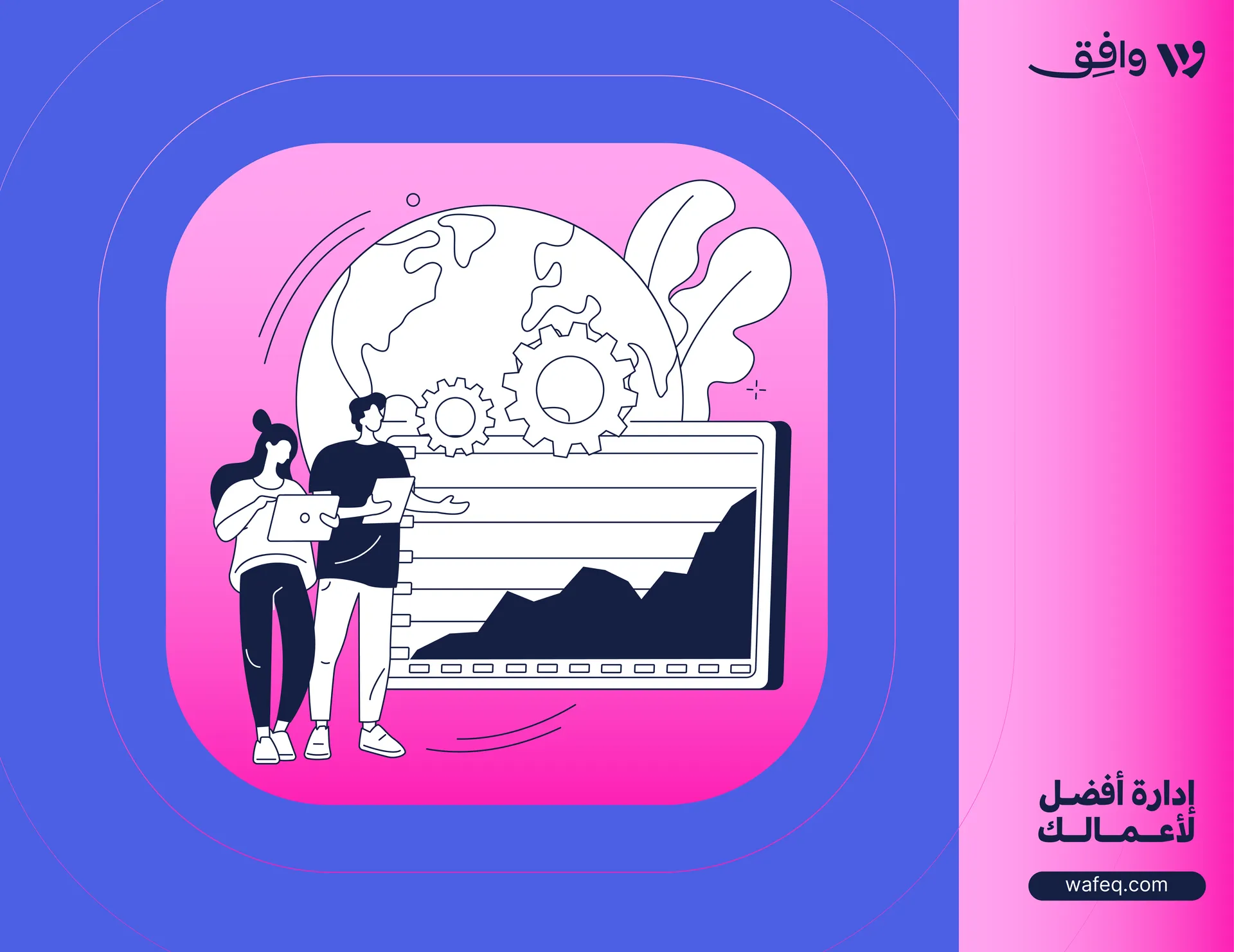
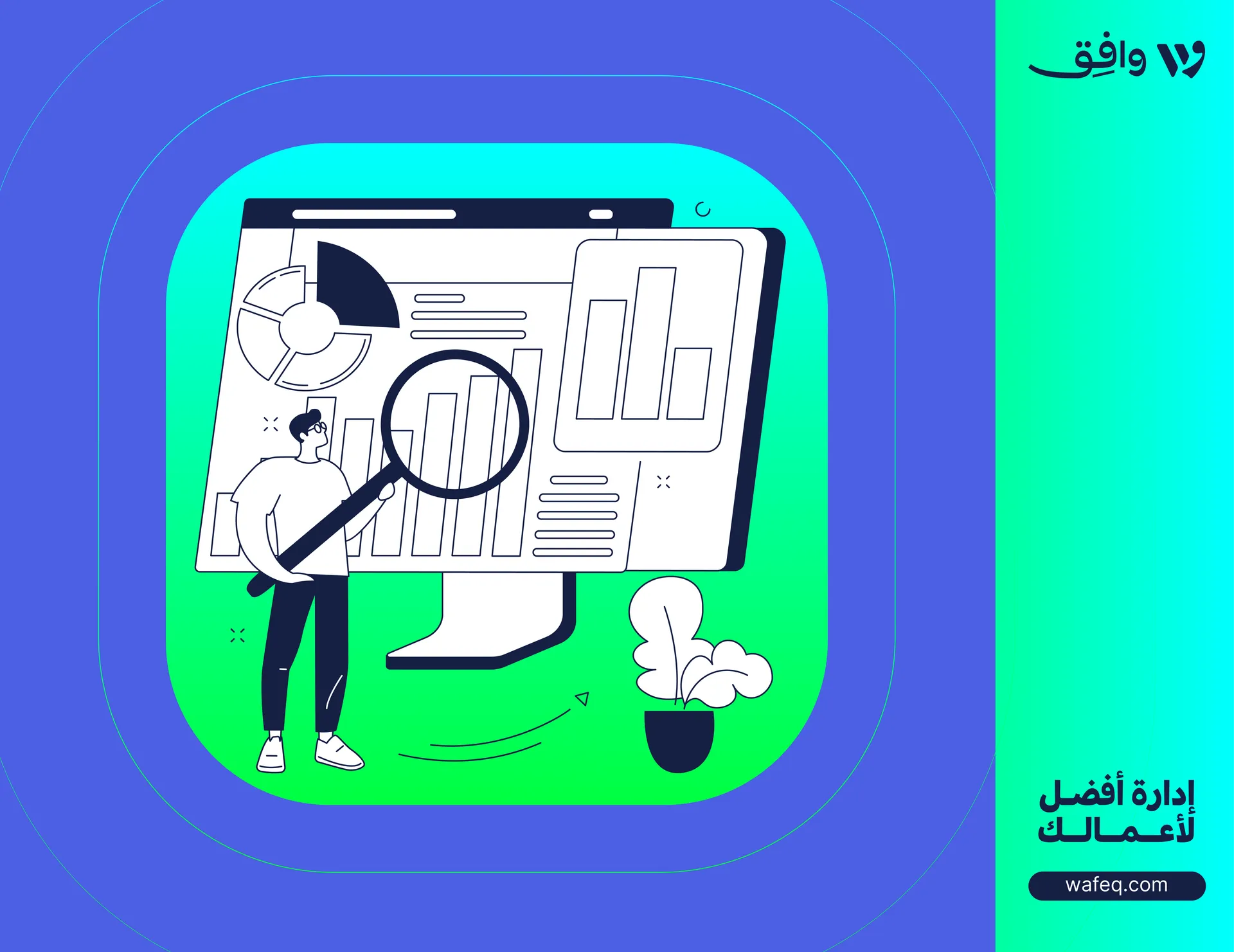
.png?alt=media)

